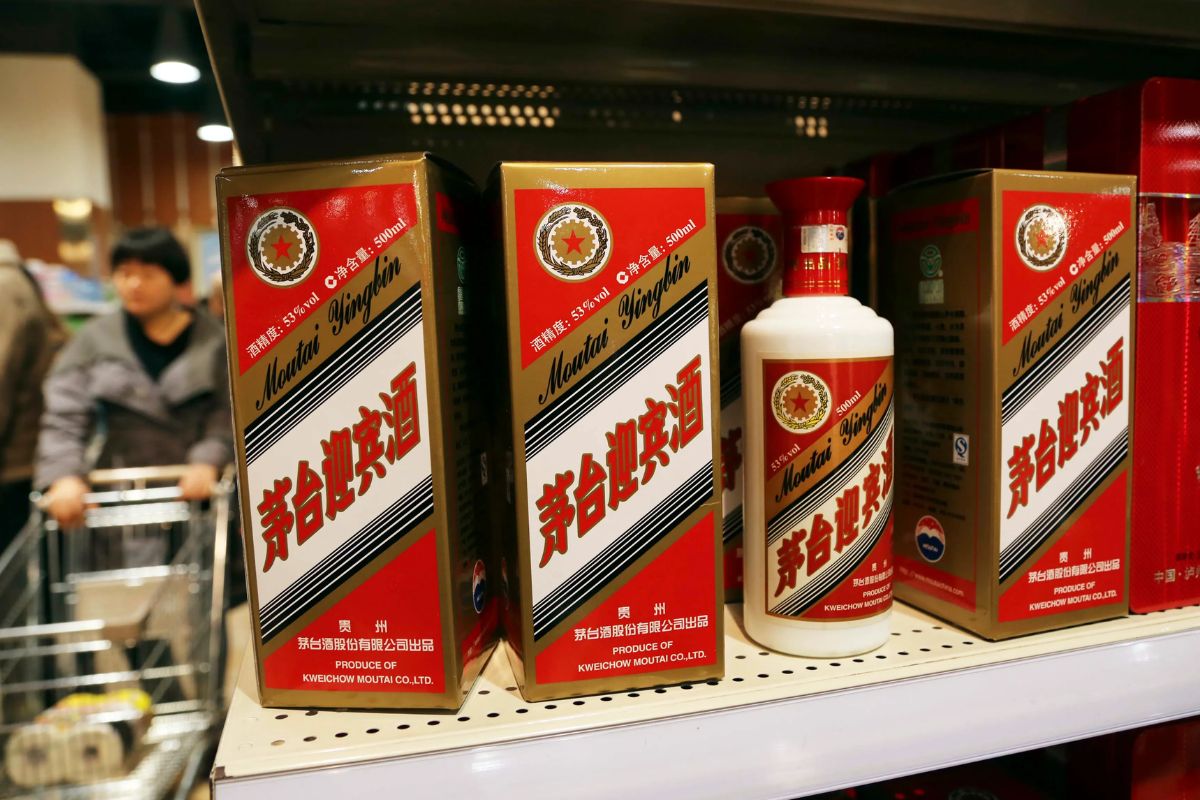Kweichow Moutai Co. looks poised to lose its spot as China’s most valuable onshore stock to Industrial and Commercial Bank of China Ltd., as the baijiu maker grapples with tumbling wholesale prices.
As of mid-Friday, Moutai’s market capitalization was approximately 1.85 trillion yuan ($255 billion), on pace with China’s largest lender, following a nearly 15% decline in its share prices this year. ICBC’s stock increased by 15% over that time.
The liquor manufacturer’s trademark baijiu drinks usually sell for more than 2,500 yuan a bottle making it a good indicator of consumer mood.
The year-long decline in wholesale pricing, which is a reflection of the slow pace of economic recovery, has raised questions about the company’s profitability.
Kweichow Moutai Co. Investores
As customers tighten their pocketbook strings, investors are becoming less inclined to invest in premium brands, which is reflected in the dismal performance of the company.
In a report published this week, Bloomberg Intelligence analysts Ada Li and others noted that the price of Moutai’s signature product reached an all-time low this month which may “signal a longer wait for a full recovery in China’s consumer spending.
” Foreign ownership of Moutai shares has dropped to its lowest point since January as a result of their selling off of shares.
Read This – China’s Reaction to U.S. Lawmakers Meeting the Dalai Lama in India
ICBC’s and Moutai’s fortunes are once again separating after the liquor giant took the top spot by market capitalization in 2020. Back then, during the height of the epidemic, Moutai managed to maintain its retail price increases despite a global decline in the demand for alcohol.
In the meantime, ICBC is currently profiting from regulators’ shareholder-friendly policies, which helped to precipitate its 2020 decline due to the possibility of weaker margins as China reduced borrowing prices.
This year, high-dividend stocks—like banks—have performed better. Despite the continuous volatility of the market, investors have started to favour the cohort.
Source
Bloomberg

Zach Cooper is an experienced Crypto & Financial news journalist, having written for Moneycheck.com, The wall street, Computing.net and is Editor in Chief at wallstreetsights.com






